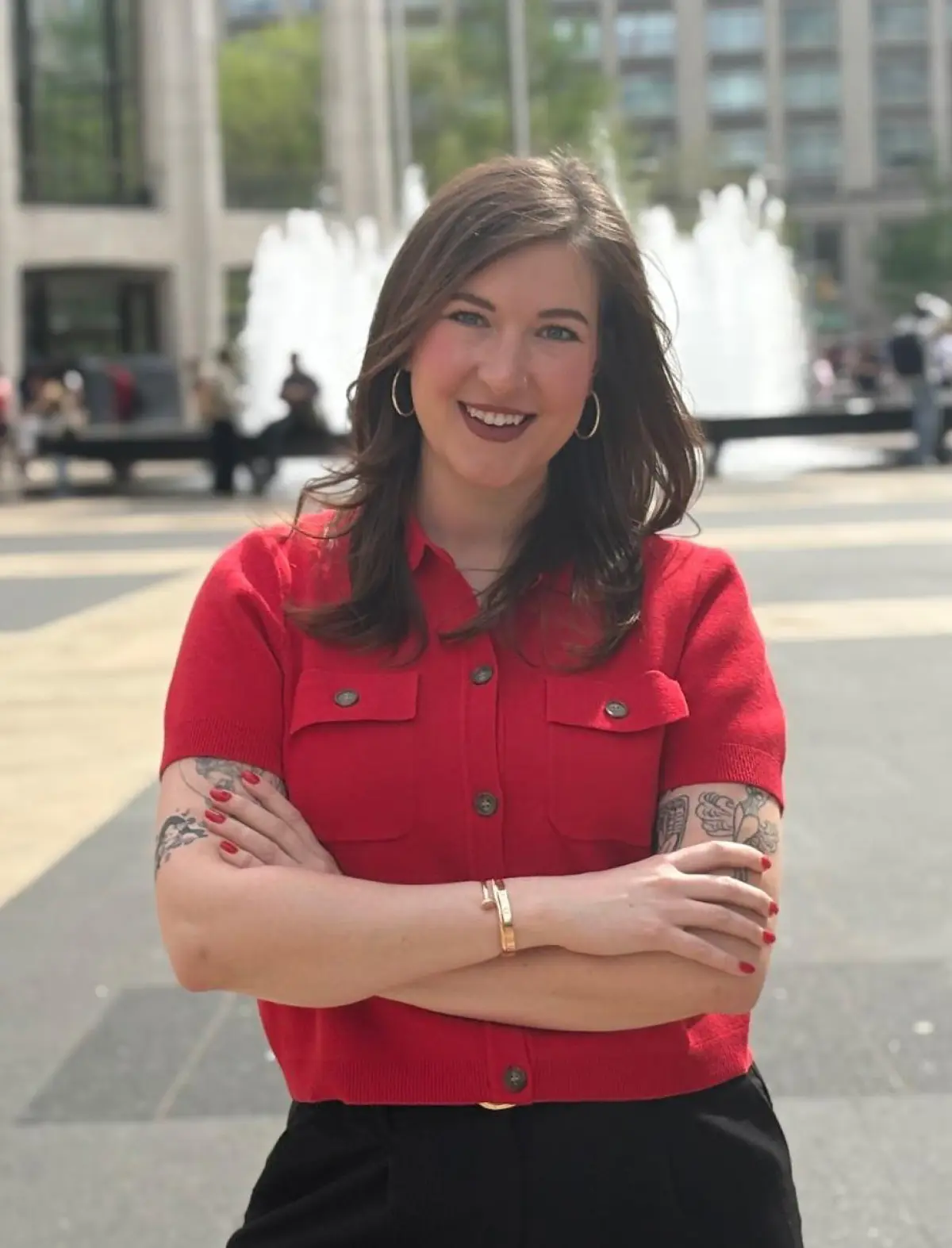Part-Time
Evening
Program

Your Law School—
for Your Life
“I chose Fordham Law because of the stellar reputation of the evening program. Evening students make the Law School a better place. I feel very proud to have been part of a community of such hard-working and determined people,” says McWaters.

One of McWaters’ favorite memories at Fordham Law was competing as a member of the Brendan Moore Trial Advocacy Center—a formative experience that sharpened her courtroom skills and deepened her passion for advocacy. “Whether it was witnessing at the U.S. District Court for the Southern District of New York, attending bar nights, or the Alumni Dinner, I always had so much fun with the Moores—they are the friendliest faces and best advocates on campus!”
Part-Time Evening Program Quick Facts
- Fordham’s evening program is #3 in the nation according to U.S. News & World Report‘s 2025 ranking of law schools, making it the top-ranked part-time J.D. program in New York.
- Evening students can complete the J.D. program in eight semesters.
- In the first three semesters, students attend classes four days a week (Monday through Thursday), but one day each week all curriculum will be taught virtually to allow for greater flexibility.
- The part-time evening program offers many of the same electives as the full-time day program. Part-time students have the opportunity to complete a concentration, with specialized courses offered during the evening.
- Each semester, condensed upper-level courses are available, stretching over either several weekends or a seven-week period.
- One- and two-credit courses are offered on evenings, over weekends, and during our one-week condensed January term.
- Most administrative offices have extended hours to accommodate evening students.
New York, NY 10023
212-636-6810
lawadmissions@fordham.edu
law.fordham.edu/admissions
![]() @FordhamLawAdmissions
@FordhamLawAdmissions
![]() FordhamLawAdmissions
FordhamLawAdmissions
![]() @FLSAdmissions
@FLSAdmissions
![]() FordhamLawAdmissions
FordhamLawAdmissions
Part-Time Evening Program Course Offerings
- Evening program courses are taken over four years with classes held Monday to Thursday evenings (with optional Saturday classes available after the first three semesters). Fordham also offers hybrid courses that alternate between online and in-person meetings to meet the needs of working students and/or those with family obligations.
- Civil Procedure
- Constitutional Law
- Contracts
- Criminal Law
- Legal Process and Quantitative Methods
- Legal Writing and Research
- Legislation and Regulation
- Property
- Torts
- Corporations
- Experiential Courses
- Professional Responsibility
- Writing Requirement (prior to last semester)
- Administrative Law
- Antitrust Law
- Banking Litigation
- Bankruptcy
- Compliance
- Copyright Law
- Corporate Governance
- Criminal Procedure: Investigative or Adjudication
- Entrepreneurial Law
- Environmental Law
- Evidence
- Family Law
- Fashion Law
- Federal Courts
- Fundamental Lawyering Skills
- Immigration Law
- Income Taxation
- Information Law
- Intellectual Property
- International Law
- Internet Law
- Land Use Law
- New York Practice
- Securities Regulation
- Trademark Law
- Trial Advocacy
- Trusts & Wills
New York, NY 10023
212-636-6810
lawadmissions@fordham.edu
law.fordham.edu/admissions
![]() @FordhamLawAdmissions
@FordhamLawAdmissions
![]() FordhamLawAdmissions
FordhamLawAdmissions
![]() @FLSAdmissions
@FLSAdmissions
![]() FordhamLawAdmissions
FordhamLawAdmissions
